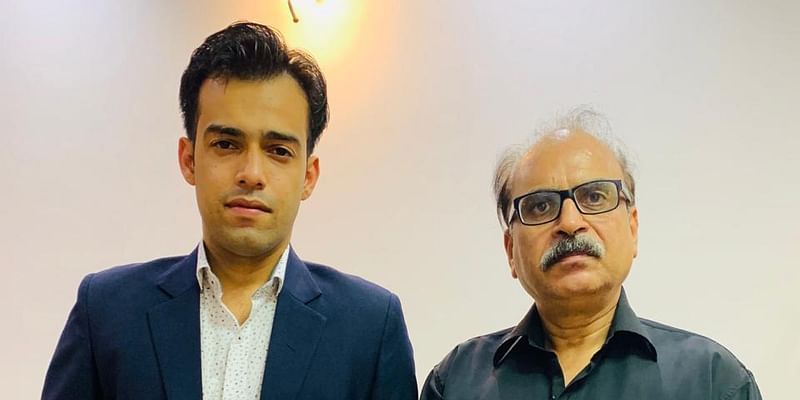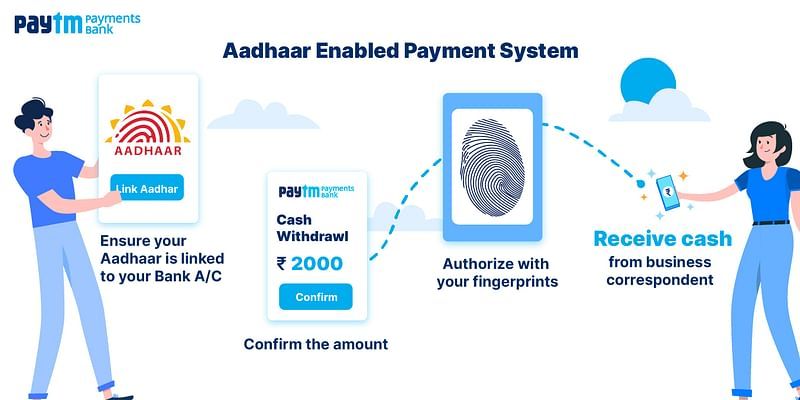[Startup Bharat] As India gets election fever, this Jalandhar-based startup helps with ratings and reviews of your Netas
Serial entrepreneur and Wharton School graduate Pratham Mittal launched the Neta app to help citizens rate and review their leaders according to their performance.
The Election Commission of India sounded the bugle on the world’s largest election process this week. Starting April 11, and all the way until May 19 this year, close to 900 million people will cast their vote to elect 543 lawmakers to the lower house of parliament.
And if all goes well, India will know who its 15th Prime Minister is on May 23.
While the Election Commission works to ensure a fair and just election process, this is also the time for voters to evaluate their choices. Unlike movies, books and restaurants, places, apparel, cosmetics, or even a mop, there is no way we can check ‘ratings and reviews’ of our political leaders, or share good feedback or even complain.
But now, Jalandhar-based startup Neta, an app built by serial entrepreneur and Wharton School graduate Pratham Mittal, wants to help citizens rate and review politicians. Neta, meaning ‘leader’ in Hindi, is available on Android and iOS.
The app is built to make voters more informed about their political leaders, and express and share their feedback with ratings. Users can also participate in in-app polls and discussions.

Pratham says such ratings can be used not only by voters to make informed choices, but also by political parties to select the best candidates.

How the platform works
Users need to download the Neta app or go to its website, select their constituency, see all MLAs and MP candidates, and study their ranking, ratings and reviews to decide who to vote for.

Alternatively, users can rate incumbents on the work they have done over a period of time, and their views and future plans.
“If you are unsatisfied, you can either change your rating at any time, or give a lower rating to politicians,” elaborates Pratham.
Politicians too can log in on to the app to check and address the listed concerns.

Entrepreneurial DNA
A serial entrepreneur, 28-year-old Pratham was born and raised in Jalandhar, Punjab. His family owns Lovely Professional University. Pratham studied Systems Engineering and Political Science at Wharton, University of Pennsylvania.

Pratham Mittal, Founder, Neta App
Neta is a spin-off of Pratham’s first venture outgrow.co, which he started in 2012. Outgrow.co currently offers polling technology to run exit polls online. The company has 4,000 publishers as clients, including The New York Times and The Guardian.
“While running polls for outgrow, there were many instances where political leaders would suddenly become very responsible while a mass public poll was going on online. At times, they would try to influence such polls,” recalls Pratham. This is how he came up with a ratings system that would work more effectively as a report card.
He began working on Neta in September 2017 and had a beta launch in January 2018 with the Alwar and Ajmer bypolls in Rajasthan.
Fake profiles and bots, stay away!
To ensure bots and party workers do not influence a leader’s rating, Neta only accepts reviews, ratings and votes from verified voters. The app uses a combination of artificial intelligence, one-time passwords and government IDs to ensure the users that give ratings are genuine.
“Also, to ensure you are voting for the correct constituency, we check your name in your constituency’s digitised voter rolls. Then, we check with publicly available datasets to ensure the authenticity of the user,” says Pratham.
“The level of checks makes it really difficult for politicians to play the system. The internal system raises a red flag as soon as it detects any unusual activity,” he adds.
Scale and scope
Pratham claims the Neta app has over two crore verified voters as users, and they have already rated or reviewed local leaders across all 543 parliamentary constituencies and 4,120 assembly constituencies in less than one year. “We are now eyeing 10 crore users before the 2019 elections,” he says.
While the app has only 5+ lakh downloads on the Google Play Store, there are a number of users participating in the ratings through interactive voice response (IVR) calls, SMS, and offline initiatives like partnerships with Anganwadi workers, NGOs, and self-help groups.
Pratham claims that the Neta app has over 20 million ratings, and that the company plans to scale that to 100 million this year: “With this string user base, we aim to be the de-facto platform for people to engage with their politicians, political parties and local authorities.”
Neta is also looking at launching products and services that create more transparency and accountability. “In terms of features, local issue trackers, manifesto trackers, online transparent party donation gateways, online voter registration, etc., are part of the plan,” he says.
No plans for monetisation
Pratham says the company is not looking to monetise the platform as of now. “The idea is just to focus on building the brand right now, and getting more people to vote on the platform,” he explains.
Going ahead, the company plans monetisation with data analytics.
"With the data at hand, Neta can become the mass opinion poll platform that can inform the media and politicians about the pulse of the nation in real time,” says Pratham.
Neta’s data sets will include evolving political inclinations gathered across demographics, rural and urban, through social media networks, radio, TV, party campaigns on the app, interactive voice response (IVR) calls, SMS and even offline initiatives.
The bootstrapped startup is also in talks to raise funding, but Pratham declined to share details.






![[Startup Bharat] As India gets election fever, this Jalandhar-based startup helps with ratings and reviews of your Netas](https://images.yourstory.com/cs/2/60409080-2d6d-11e9-aa97-9329348d4c3e/Pratham_Mittal_Founder_Neta_App1552418389939.png?mode=crop&crop=faces&ar=2:1?width=3840&q=75)



![[Exclusive] Vauld to seek 3-month moratorium extension as creditors panel explores bailout options](https://images.yourstory.com/cs/2/a09f22505c6411ea9c48a10bad99c62f/VauldStoryCover-01-1667408888809.jpg)
